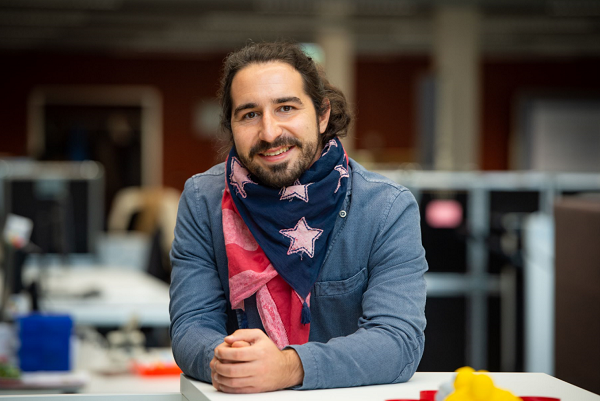Albert Einstein referred certain quantum phenomena as "spooky action at a distance". Quantum systems are just very different from what we experience on a daily basis.

A new study led by the California Institute of Technology (Caltech) and including the Johannes Kepler University Linz has now shown how machine learning can help to better understand these systems.
Although quantum physics forms the cornerstone of modern technology, until now, it has been fairly impossible to make concrete predictions in regard to quantum systems. This is because the quantum world is incredibly complex and even the smallest systems are made up of countless atoms in which particle states overlap with extremely powerful correlations (entanglement). Describing these systems using equations is simply not scalable. A new study just published in the journal Science focuses on just how machine learning tools that run on conventional computers can be used to predict these types of quantum systems, thereby helping researchers solve some of the trickiest problems facing physics and chemistry.
Machine Learning Instead of Quantum Computing
Univ. Prof. Richard Küng (JKU Institute for Integrated Circuits) was instrumental in the study and explains: "This is exactly what we expect when it comes to quantum computing. While we unfortunately still have a long way to go before we see a fully functional quantum computer, we have, however, now proven mathematically and experimentally that we don't have to wait for these machines of the future. Machine learning methods can help us learn about important complex quantum system properties using today's quantum architectures."
The new study is the first to mathematically prove that conventional machine learning can be used to bridge the gap between us and the quantum world. Equally as important, researchers now better understand how the software reached solutions through extensive numerical simulations. Küng added: "When it comes to machine learning, this is very rarely the case."
Uses from Pharma to Chemistry
Scientists now have a tool to better understand the underlying phase of a quantum state without knowing much about it beforehand. This information may significantly contribute to developing new materials, drugs, and environmentally-friendly chemicals
(JKU LIT AI Lab) will continue to expand on the research in this field in an effort to bridge the gap between the world of human experience and the quantum world.
The study is available at: https://www.science.org/doi/10.1126/science.abk3333, opens an external URL in a new window








